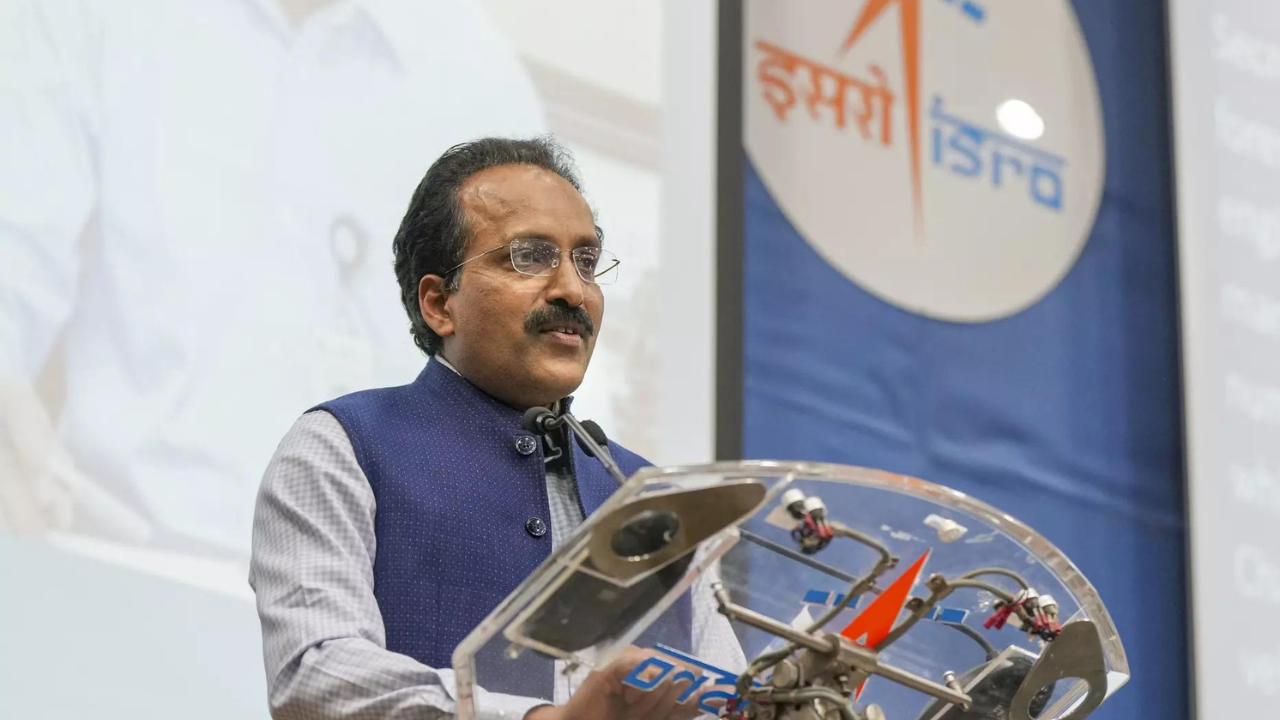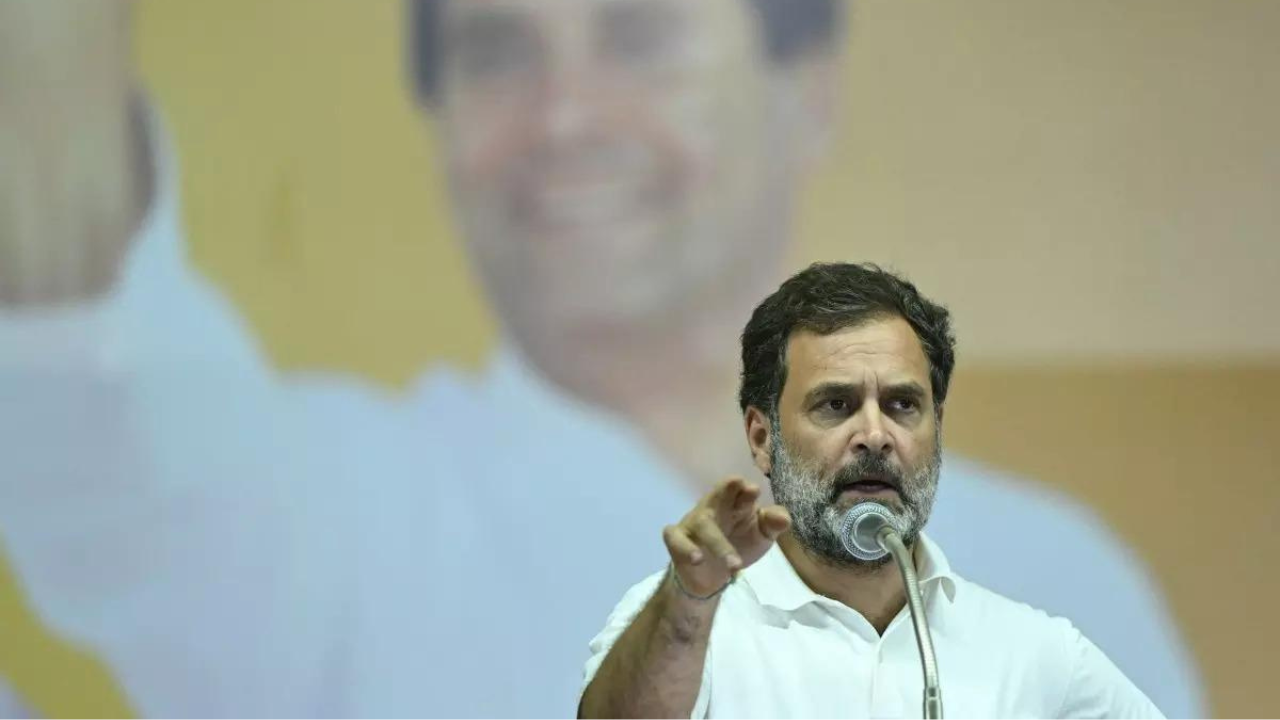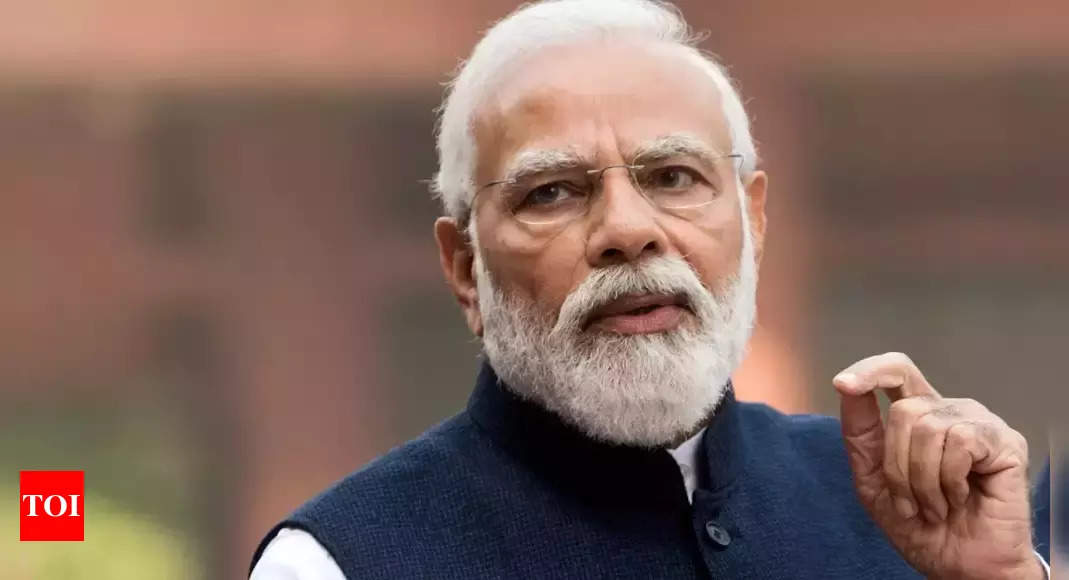Legalising Same-Sex Marriage

In a recent development, the Supreme Court has taken a significant step by issuing notice to the Central Government in response to a plea put forth by two gay couples. They seek the recognition of same-sex marriage under the Special Marriage Act, 1954, marking a pivotal moment in the ongoing struggle for LGBTQ+ rights in India.
The issues raised in various petitions encompass the following:
-
Violation of Rights:
- A Public Interest Litigation (PIL) filed by two LGBTQ+ couples contends that the state's refusal to recognize their marital status violates their constitutional rights.
-
First Petition:
- Filed by a couple who have shared nearly a decade together.
-
Second Petition:
- Presented by a couple with a 17-year relationship, raising children together. However, their lack of marital status denies them a legal relationship with their children.
-
Other Petitions:
- Additional petitions seek recognition of same-sex marriage under India's 1954 Special Marriage Act (SMA) and are pending in state-level high courts in Delhi and Kerala.
-
Decriminalization:
- The push for same-sex marriage builds upon earlier landmark rulings, including one affirming privacy as a fundamental right and another decriminalizing homosexuality in 2018.
-
Government’s Opposition:
- The Centre government, in 2021, opposed same-sex marriage in the Delhi High Court, asserting that marriage in India is only recognized between a biological man and woman capable of reproduction.
- Furthermore, the government argued that considerations of "societal morality" are pertinent, suggesting that legislative decisions should reflect societal norms and Indian ethos.
The Special Marriage Act (SMA), 1954, holds a crucial place in India's legal framework regarding marriage.
Here are its key features:
-
Civil Marriage Provision: The SMA provides for civil marriage, allowing individuals to marry irrespective of their religion or faith. This allows couples to choose a secular and legal framework for their marriage, distinct from religious ceremonies.
-
Applicability to All Indians: The SMA applies to all Indian nationals, whether residing in India or abroad. It offers a uniform legal process for marriage regardless of the religious beliefs of the parties involved.
-
Protection of Rights: It is the responsibility of the judiciary to ensure that the rights of both spouses are safeguarded under the SMA. This includes ensuring fairness and equality in matters related to marriage and marital rights.
-
Governing Marriages: Marriages solemnized under the SMA are governed by its provisions, rather than personal laws. This means that the rights and obligations of the spouses, as well as the procedures for marriage, are determined by the Special Marriage Act.
The LGBTQ+ communities in India face various challenges, which include:
-
Marginalization: LGBTQ+ individuals often face marginalization due to factors such as sexism, poverty, discrimination, and social unacceptability, alongside homophobia or transphobia. This marginalization can have detrimental effects on their mental health and well-being, leading to limited access to essential services like medical care, legal assistance, and education.
-
Impact of Family Reactions: Many LGBTQ+ individuals hesitate to disclose their sexual orientation or gender identity to their families due to fear of rejection or negative reactions. This lack of family support can have significant repercussions on their mental and physical health, particularly in a society where social and cultural norms heavily influence aspects like education, career choices, and marriage.
-
Problems with Terminology: LGBTQ+ individuals often face derogatory labels and stereotypes, leading to social exclusion and a lack of recognition. Negative attitudes and misconceptions about gender and sexual orientation further contribute to societal stigma and discrimination.
-
Social Unrecognition: Gender norms and expectations are deeply ingrained in various aspects of society, such as school uniforms, dress codes, and access to public facilities like toilets. This can create challenges for LGBTQ+ individuals who do not conform to traditional gender roles, forcing them to navigate their gender identity in public spaces, including public transportation.
-
Challenges with Gender Identity: While sex is a biological classification as male, female, or transgender, gender identity is a social category that may vary. LGBTQ+ individuals often struggle with societal expectations and norms regarding gender identity, leading to challenges in self-expression and acceptance.
The path to legalizing same-sex marriage in India involves several steps and considerations:
-
Legal Framework: Following the decriminalization of homosexuality by India's Supreme Court, there's growing advocacy for legalizing same-sex marriage. The Special Marriage Act (SMA), originally intended for interfaith unions, is being cited by LGBTQ+ couples to argue for recognition of their marriages under this law.
-
Increasing Awareness: While awareness about the LGBTQ+ community has improved in India, there's still lingering stigma and resistance to complete acceptance. Education and advocacy efforts are crucial in challenging societal norms and fostering understanding and acceptance.
-
International Precedents: Globally, 33 countries have recognized same-sex marriage and civil unions. These international precedents serve as examples and benchmarks for advocates pushing for similar rights in India.
-
Legal Gaps: Indian law currently does not recognize same-sex marriages or provide for civil unions. Additionally, gay and lesbian couples face restrictions on options such as surrogacy and adoption. For instance, LGBTQ+ individuals can only apply for adoption as single parents through the Central Adoption Review Authority.
-
Advocacy and Legal Reform: Advocacy groups, activists, and legal experts continue to push for legal reforms to recognize and protect the rights of LGBTQ+ individuals and couples. This involves lobbying policymakers, engaging in legal challenges, and raising public awareness to bring about legislative change.
The legal recognition of same-sex marriage in India is currently a complex issue due to the absence of explicit provisions in the Indian Constitution and statutory laws. Here's an overview of the status and potential avenues for recognizing same-sex marriage legally:
-
Status of Marriages in India:
- The Indian Constitution does not expressly recognize the right to marry as a fundamental or constitutional right.
- While marriage is regulated through various statutory enactments, its recognition as a fundamental right has evolved through judicial decisions of the Supreme Court of India, which are binding on all courts throughout the country under Article 141 of the Constitution.
-
Legal Recognition of Same-Sex Marriage:
-
Same-sex marriage is not legalized in India at present.
-
Achieving legal recognition of same-sex marriage can be pursued through different approaches:
a. Interpretation of Existing Legislation: Advocates may seek to interpret current laws in a manner that legalizes partnership unions between individuals of the same gender.
b. Recognition of LGBTQ+ Culture: Another approach involves recognizing LGBTQ+ culture as a distinct category with practices that include relationships between individuals of the same gender.
c. Amendment of Laws: To explicitly legalize marriages between individuals of the same gender, amendments to existing laws, such as the Special Marriage Act, 1954, could be proposed and enacted.
-
These approaches require concerted efforts from advocacy groups, legal experts, and policymakers to bring about legislative changes and societal acceptance of same-sex marriage in India.
Conclusion:
The LGBTQ+ community advocates for an anti-discrimination law to empower them in building productive lives and relationships free from prejudice based on gender identity or sexual orientation. Legalizing same-sex marriage is seen as a means to eliminate the official "otherness" status of LGBTQ+ individuals and grant them full constitutional rights, including the right to marry. Creating awareness and empowering LGBTQ+ youth through open forums and platforms like Gaysi and Gaylaxy is crucial for fostering acceptance and inclusivity. Initiatives such as Pride Month and Pride Parades further contribute to this goal by celebrating LGBTQ+ identities and fostering community visibility.













